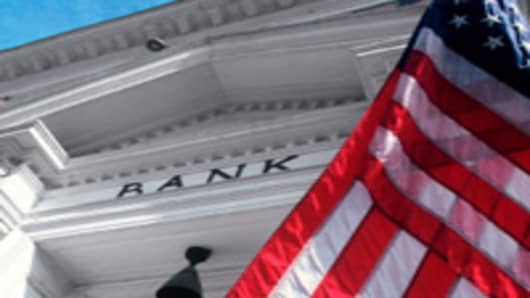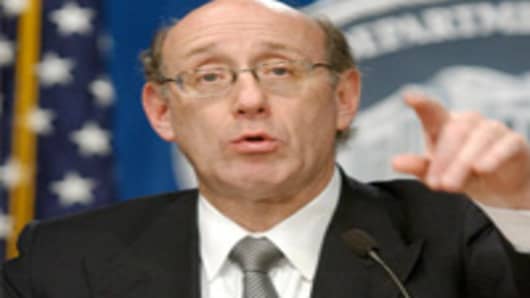Kenneth R. Feinberg, the government’s special master for compensation, has spent nearly five months studying pay packages at some of the nation’s largest banks. But ask him if bankers and traders earn far too much money, and he demurs.
“I wouldn’t begin to say how much money you should make on Wall Street,” Mr. Feinberg said in an interview last week, as he prepared to slash pay for the top 25 earners at seven firms that received significant government aid. “I’ve never worked on Wall Street. I don’t claim to know the ethos of Wall Street.”
For Mr. Feinberg, the process of cutting pay underscored the widening divide between Wall Street and the rest of America, where even a fraction of a banker’s pay seems like riches to many people.
“A Wall Street executive will say to me: ‘Mr. Feinberg, last year I made $30 million. This year, you’re whacking me down, you’re reducing me to $10 million. How can you do that?’ ” Mr. Feinberg said. “On the other side of the argument, you hear people say ‘$10 million — that’s outrageous.’ ”
Pay experts said the plan, which emerged Wednesday, could lead to the departure of the very executives needed to return the firms to health, a prerequisite to repaying taxpayer support. Bankers regaled Mr. Feinberg with similar concerns in the months it took to prepare his order, but he said he thought they would be left with enough pay to persuade them to remain in their jobs.
“If any one of these people left, I would be very disappointed,” he said.
Mr. Feinberg waded through tens of thousands of documents and spoke with scores of executives, consultants and officials who wound up influencing the shape of the rules.
He also received e-mail messages from the public, some of whom urged him not to be too hard on Wall Street because of the financial stake now held by taxpayers.
He recounted an e-mail message he received recently about his decision to ask Kenneth D. Lewis, the chief executive of Bank of America , to give up his salary this year.
The author argued that “a man is innocent until proven guilty,” Mr. Feinberg recalled, and said it was unfair to punish Mr. Lewis for the ill-fated merger he forged with Merrill Lynch unless accusations by regulators over the bank’s failure to disclose Merrill losses and bonuses turn out to be true.
Mr. Feinberg said his mandate was to persuade executives at bailed-out companies like Bank of America to stay despite looming pay cuts. But since Mr. Lewis had already announced his retirement, there was no persuading to be done, he said.
Mr. Feinberg added that he was considering asking Mr. Lewis to voluntarily renegotiate more than $50 million in pension benefits that he will walk away with at the end of the year.
Much of Mr. Feinberg’s job also involved figuring out when an eye-popping salary signaled that a company was taking too much risk to reel in profits.
In one case, a trader at Citigroup , Andrew Hall, had a $100 million guaranteed contract that could not be altered without the trader’s permission. Citigroup sold Mr. Hall’s unit, called Phibro, before Mr. Feinberg could make a ruling.
Still, Mr. Feinberg said he had already “concluded that anybody making $100 million a year is engaged in excessive risk.”
To the critics who wrote in to say the government should not be involved in private pay packages, Mr. Feinberg said he agreed — in principle.
“The capitalist system is a great system. Maybe people on Wall Street earn those multiple millions,” he said.
“But this is a rather unique situation where the government is a creditor and the government should be able to influence executive compensation,” he said.
Mr. Feinberg said he expected his ruling to please no one. If that happened, he added, he would consider it a mark of success.
“The populists will undoubtedly say:, ‘You caved. You gave Wall Street financiers too much money,’ ” he said. “The other side, the Wall Street culture, will say I put those companies at a disadvantage.”



